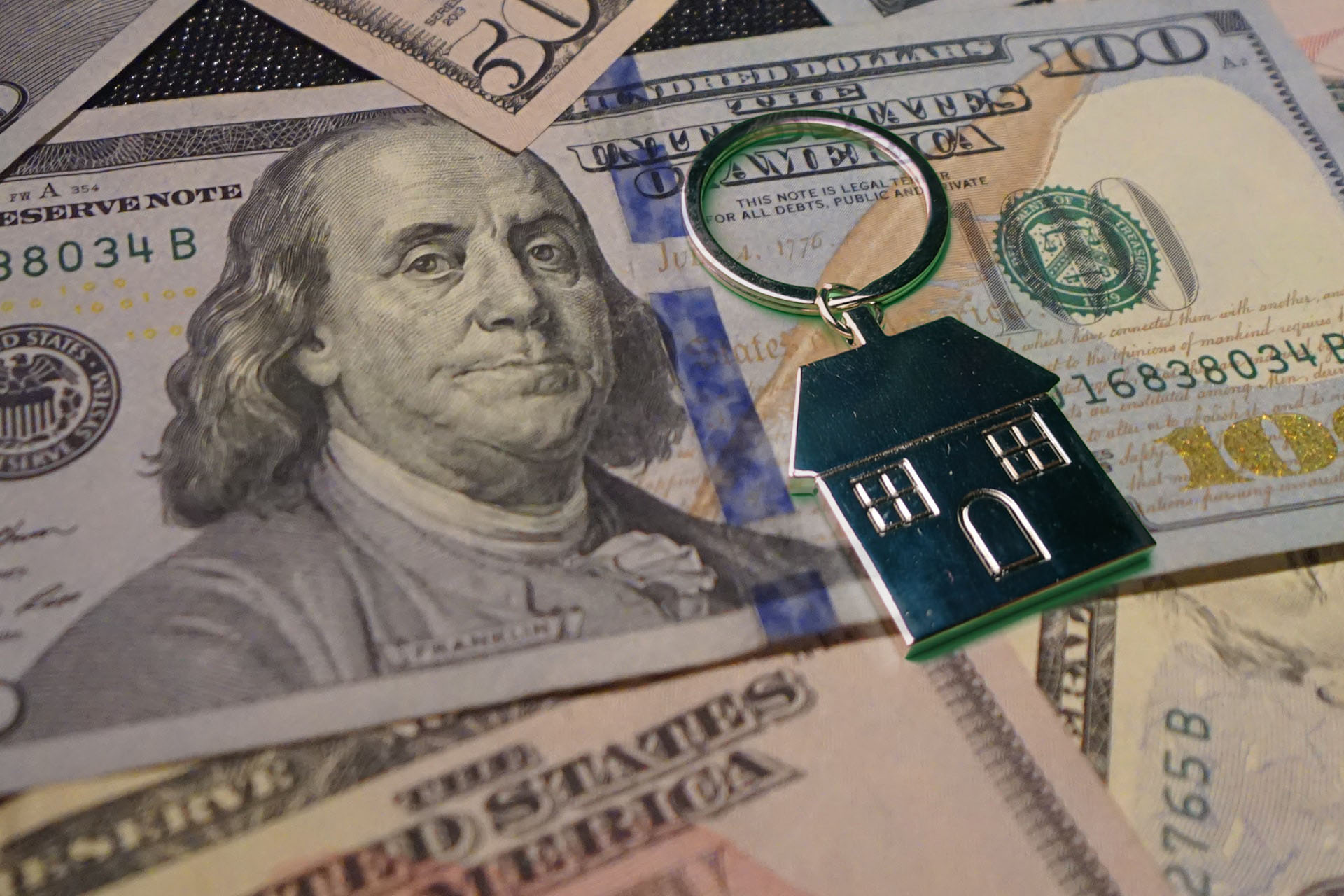Owning a home comes with several financial responsibilities ranging from mortgage, home maintenance, and property taxes. Plus, you may be struggling to pay down high-interest debt like credit card debt. Fortunately, you can use your home to pay down your debt. This is where getting a home equity loan is helpful.
Here’s how you can use a home equity loan for debt consolidation, the pros and cons, and whether it is suitable for your needs.
What Is a Home Equity Loan?
A home equity loan is a lump sum payment secured by the equity of your home. In other words, your home acts as collateral for the loan. Most creditors will allow you to borrow 75% to 80% of your home’s equity, which is the value of your home minus the mortgage owed.
You’ll receive a lump sum payment when your lender closes the home equity loan. The lump sum can be used for a wide range of purposes, including home improvement, education costs, emergency expenses, and debt consolidation.
A home equity loan is an ideal financial vehicle for consolidating debt as it comes with low-interest rates and the typical repayment period is between five and 30 years.
When deciding whether to use a home equity loan to consolidate debt, it’s crucial to weigh the pros and cons for you to make a better decision.
Pros Of Using Home Equity Loan
Using a home equity loan for debt consolidation comes with several benefits:
Consolidate Into One Payment
A significant advantage of using a home equity loan for debt consolidation is how it simplifies your debt repayment strategy. Instead of keeping tabs on your credit card debt, personal loans, student loans, and other types of debt, you can consolidate all your debts in one lump sum payment.
Lower Interest Rate
A home equity loan typically comes with lower interest rates than unsecured loans since your home serves as collateral for the loan. Credit cards, for example, aren’t backed by any collateral, so their interest rates are typically higher.
Lower Monthly Payments
Since home equity loans tend to have lower interest rates than other financial products, you could save a lot of money in interest payments each month after using your home equity to pay down debts. Plus, you can get rid of debt sooner if you choose a short loan term.
Cons Of Using Home Equity Loan
Like any other financial product, a home equity loan has downsides too.
Risk Of Losing Your Home
Since your home acts as collateral for the loan, you risk losing your home to foreclosure if you fall behind on your second mortgage payments or default. This will also have a big impact on your credit score.
Additional Fees
While using a home equity loan for debt consolidation may sound like a great deal, you may be liable for other costs. For example, you need to pay a home appraisal fee to determine the value of your home. Additionally, you may also have to pay closing costs.
Tax Deductibility
When you use home equity loan funding to cover expenses other than home improvements, you lose the option to write off a portion of the mortgage interest you pay on the home equity loan.
How To Get a Home Equity Loan for Debt Consolidation
If using a home equity loan for debt consolidation sounds like a good idea, here are the next steps you should take to get the loan:
1. Determine Your Home’s Equity
Before applying for a home equity loan, it’s crucial to know how much equity your home has. You can do this by having your home professionally appraised. Typically, your home’s equity is the value of your home minus the mortgage amount still owed. Most lenders use your home’s equity and other factors to determine the loan amount they can approve.
2. Check Your Credit
Your credit score is probably the most important number in your financial life. For example, a good credit score can help you get more favorable terms for a home equity loan. However, if your credit score is below average, you can take practical steps to improve your score.
3. Compare Loan Options
When shopping for a home equity loan, it’s prudent to compare the rates, terms of payment, and fees of various lenders. This way, you can be sure to get an option suitable for your situation.
Alternatives To Home Equity Loan for Debt Consolidation
A home equity loan isn’t the only available option for debt consolidation. There are various alternative methods to consolidate debt.
HELOC
A home equity line of credit (HELOC) is a revolving line of credit obtained using your home’s equity. It works like a credit card, and you use it to pay down your debt or cover other expenses up to a set limit. However, unlike home equity loans with a fixed rate, HELOCs have variable interest rates, meaning you only pay interest for the amount you spend within the draw period.
Personal Loan
A personal loan may be a good choice based on your credit score and APR. Typically, individuals with good scores tend to qualify for personal loans with lower interest rates. And if you can get a personal loan with a lower interest rate than a home equity loan, it could even be a more attractive option.
Credit Card Balance Transfer
You can transfer your balance from a high-interest credit card to an introductory 0% APR balance transfer credit. The introductory offer typically ranges between 12 to 18 months. If you pay off your outstanding debt within this period, you’ll incur zero interest.
Debt Settlement Program
You can also negotiate with your creditor to reduce the debt owed and pay it off in one lump sum. If you’re not good at negotiating, you may want to consider working with a debt settlement company. They can help negotiate with your creditors a settlement offer that may help you get rid of debt faster than making your minimum monthly payments.
Debt Management Plan
In some instances, working with a non-profit credit counseling agency might be ideal for some consumers. Credit counselors will help negotiate lower interest rates with creditors and set up a debt management plan that will assist you in paying off your debt faster.
FAQs About Using a Home Equity Loan for Debt Consolidation
No. A home equity loan is not a revolving debt as it is paid out to the borrower in one lump sum. To put it another way, home equity loans don’t carry a balance. A good example of revolving debt is HELOCs, which allow you to draw funds when needed.
Unlike personal loans that require good credit to qualify, you may be able to get a home equity loan even with a low credit score. In addition, lenders are more lenient to credit score requirements since the equity in your home acts as collateral for the loan.







